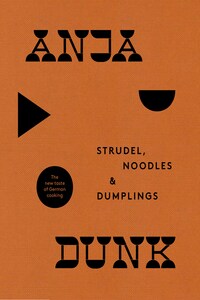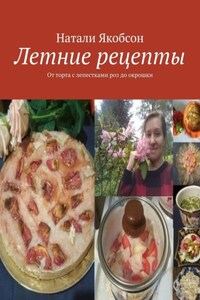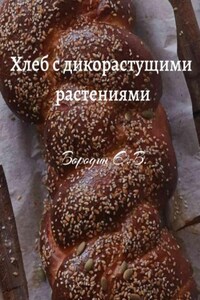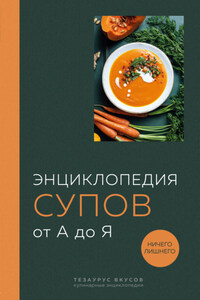4th Estate
An imprint of HarperCollinsPublishers 1 London Bridge Street London SE1 9GF www.4thEstate.co.uk
First published in Great Britain by 4th Estate in 2018
Text and photography copyright © Anja Dunk
Anja Dunk asserts the moral right to be identified as the author of this work.
Design by Atelier Dyakova, London
Author photograph by Jonathan Cherry
A catalogue record for this book is available from the British Library.
All rights reserved under International and Pan-American Copyright Conventions. By payment of the required fees, you have been granted the non-exclusive, non-transferable right to access and read the text of this e-book on-screen. No part of this text may be reproduced, transmitted, down-loaded, decompiled, reverse engineered, or stored in or introduced into any information storage and retrieval system, in any form or by any means, whether electronic or mechanical, now known or hereinafter invented, without the express written permission of HarperCollins.
Source ISBN: 9780008244385
Ebook Edition © May 2018 ISBN: 9780008244392
Version: 2018-06-26
FOR LUCAS, TOBIAS AND AIDAN
I am not a professional photographer, but when the idea for this book came about it made sense that I take the photographs myself at home over the course of a year. It was a challenge, but one I welcomed, and I have thoroughly enjoyed watching how the light falls in the kitchen at different times of day, standing on chairs, and occasionally teetering on ladders.
All the plates and bowls of food in this book are real, whether they were part of a family breakfast, lunch or dinner; a solo lunch when the boys were in school (while I love a busy table, I relish a lunch on my own all the same); a dinner for two; cake and coffee with friends or drinks in the late afternoon – everything that was photographed was eaten as it was intended to be, or indeed was in the process of being eaten as the photo was taken.
I have to say, though, that taking pictures of children eating isn’t as easy as it may look – for every photograph of the boys that made these pages, hundreds didn’t. There is a fine line between a half-eaten plate of food and, well, a mess. A bigger challenge than taking the pictures themselves was actually getting the boys to eat more slowly – often it was a case of ‘Ready, steady, go! But slowly, slowly …’ followed by me snapping away as quickly as I could before I also sat down to eat.
All the tables, work surfaces, tablecloths, tools, utensils, pans and tableware are things we use every day – you might well, for this reason, notice some items appearing on the pages more than once.
I hope you enjoy this little window into our kitchen.
The food you grow up with, the taste of home, stays with you for ever. That doesn’t mean to say it is always a good thing, but happily in my case for the most part it is. Mum did all the cooking at home – she loved it, and so did my brother Oliver and I, not least because Dad’s culinary repertoire consisted solely of cheese sauce over vegetables or Marmite on toast. Mum, on the other hand, is a brilliant cook who values good ingredients and simplicity in the kitchen. By this I mean cooking without pretension, a pared-back approach, I suppose, which in turn means doable cooking. I strive to cook by her ideals, and my hope is that one day my boys will too.
Mum left Germany for Africa when she was in her mid-twenties, and Kenya was where she met and married Dad. They lived there until their early thirties, at which point they decided to move to Wales for a life with children. So it was in Wales that my brother and I were born to a German mother and a Welsh father, and it is Wales that I call home, but the food we grew up with is very much rooted miles away in Germany, for it was German food that we ate at our kitchen table every day.
I often wonder if what came out of the kitchen during my childhood wasn’t solely to quash the feelings of longing that had taken hold in Mum while living away from her motherland. Taste, after all, is one of the most transportative senses. Feelings of belonging are also heightened when on foreign soil, and so is sense of identity, which in Mum’s case made itself apparent through the German food she produced – consequently, as a child I felt far more German than anything else.
The first ten years of my life were pretty nomadic, with time split living between Wales, Africa and Asia – most holidays were spent with our grandparents in Germany. The only constant in daily life, as well as immediate family, was the food that came out of the kitchen. It is little wonder really that cooking has become my chosen career path, as right from the word go it has been one of the most significant elements to each day. Nothing excites me more than delving into another culture by means of cooking, but since having young children of my own, the way I cook at home has shifted back to food that brings me the sense of family, love, security, and confidence – a subconscious impulse to instil the same association between food and home in my children. To me this means food in which Germany is very much at the heart of it all.








